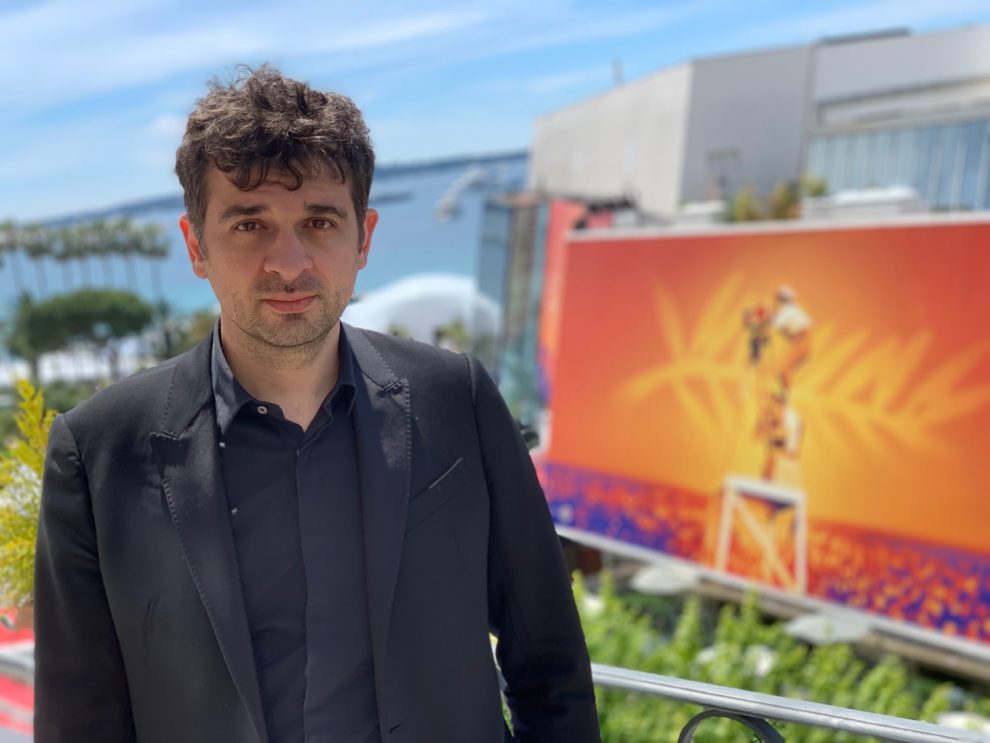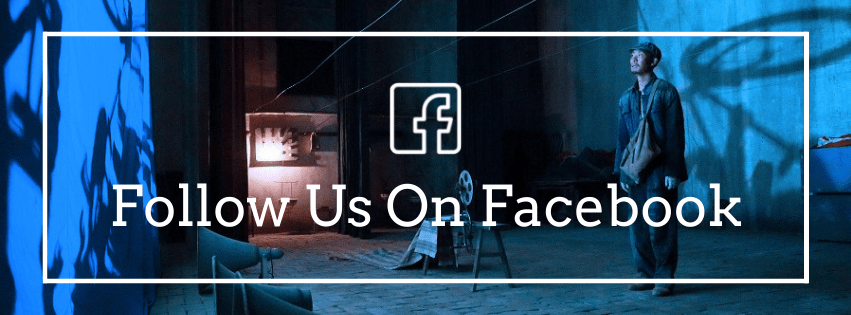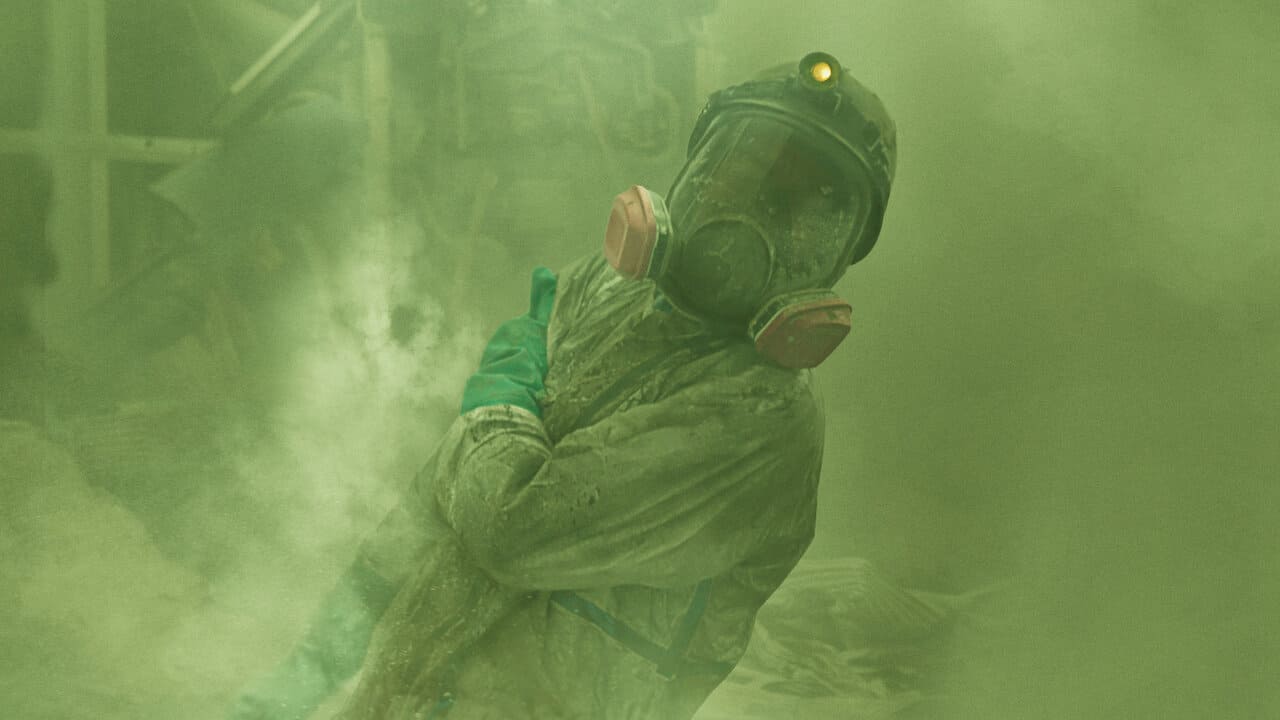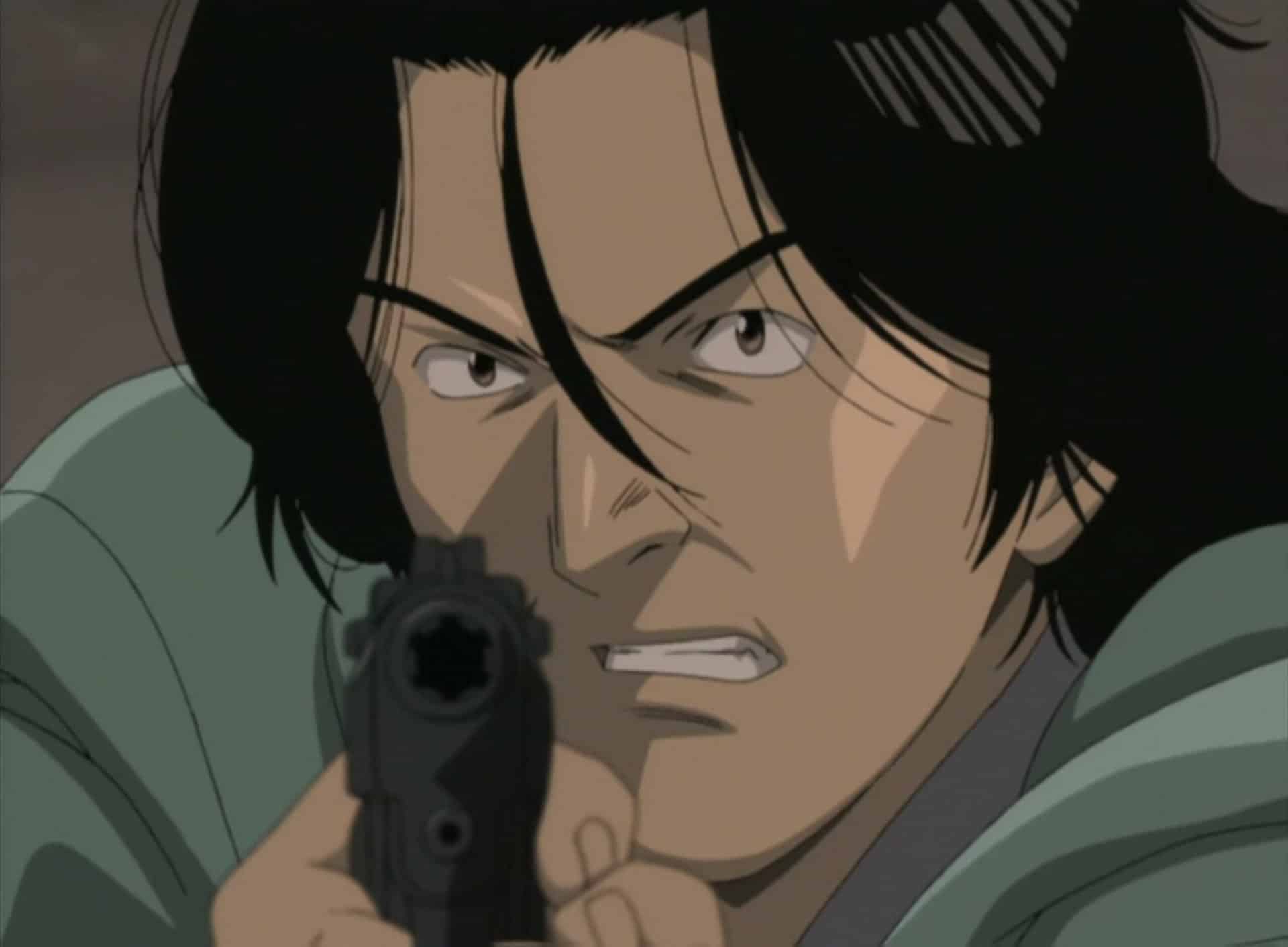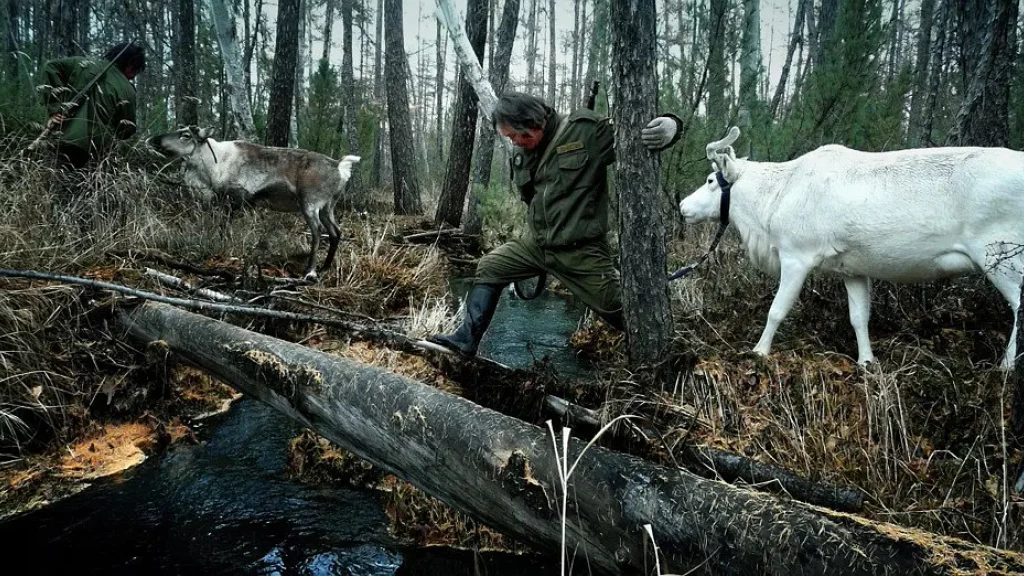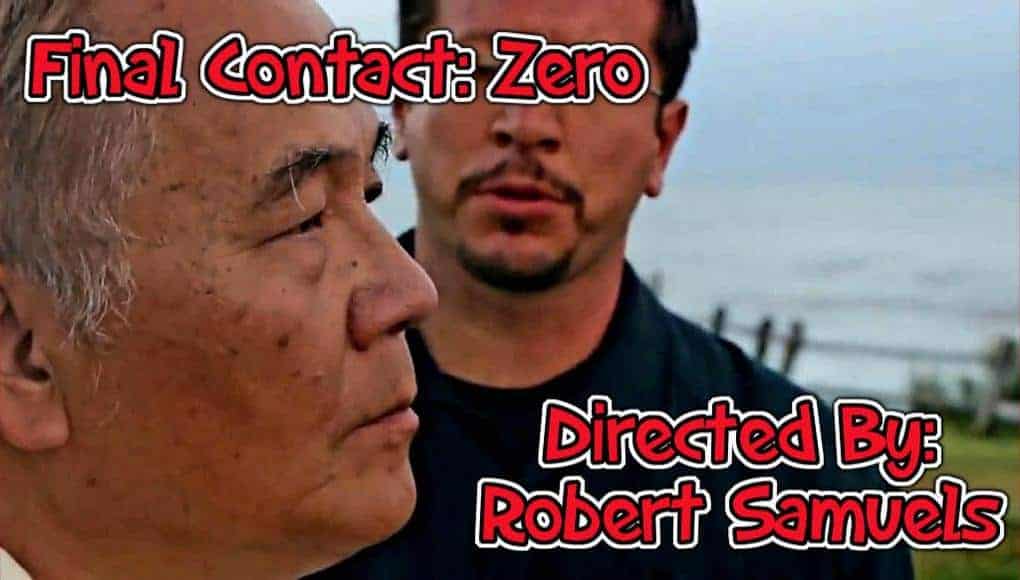Matthieu Laclau is a French editor who has been working in China since 2008. He studied Film Theory in Paris 3 Sorbonne Nouvelle and received his Master's degree in 2008. He's currently living in Taipei. In 2013, he won the Golden Horse Best Editing for ‘A Touch Of Sin' directed by Jia Zhang-ke and in 2017, the American Chlotrudis Awards Best Editing for ‘Mountains May Depart' directed by Jia Zhang-ke. Both films were selected in Cannes Film Festival (Competition) and ‘A Touch Of Sin' won the Best Screenplay.
Since then, he edited ‘Ash Is Purest White' by Jia Zhang-ke (Cannes Film Festival / Competition), “The Wild Goose Lake” directed by Diao Yinan (Cannes Film Festival / Competition), “Nina Wu” directed by Midi Z (Cannes Film Festival / Un Certain Regard), “The Best Is Yet to Come” directed by Wang Jing (Venice Film Festival / Orrizonti).
We speak with him about the path that led him to edit film in China, his collaborations with Jia Zhang-ke, Xu Bing, Midi Z, cooperating with directors, producers and sales agents, his approach towards editing, his future plans, and many other topics.
You have been in the industry since 2011. Can you walk us through the path that led you working in China, and what do you think are the most important changes you have witnessed in your field?
A lot of things have changed for me. 10 years ago, I was a beginner, and I've done a lot of films since then. The thing that has changed the most is myself; hopefully I have improved and gained more experience. When I arrived in China in 2008, I was aiming to become a director of photography. The industry was booming and many more films were being made every year so the industry needed more talent, more DPs, more editors and more production designers. It was a great opportunity for me because I was there at the right time, which gave me many opportunities to edit films.
The first film I worked on was “Mr. Tree” by Han Jie and produced by Jia Zhang-ke. I didn't expect to be working as an editor on this film, but the director told me to watch the first cut. After giving him some comments, he told me: “Please give it a try. I'll give you two weeks to cut your version. Carte blanche!”. It was an opportunity I had never imagined I would get. During the next two weeks, I changed the structure, recut various scenes and added a voice-over. Both Jia and Han liked my version a lot.
That was my first experience as a feature film editor and two years later, I edited Jia Zhang-ke's “A Touch of Sin”, which won Best Screenplay in Cannes and I won the Golden Horse for Best Film Editing for this same film. This triggered a huge number of opportunities for me. In the meantime, I continued working with Jia Zhang-ke on three films he directed and many that he produced. I feel that currently in China, a lot of important films are being made by my generation, in other words individuals who are around 40 years old. Nowadays, almost everyone in the industry is calling me laoshi, which means “teacher” or “mentor” (it's also a polite and respectful way to call people in Chinese). Although my career started only 10 years ago, it makes me feel like I'm a veteran, which is a bit surreal!
Early 2020, when Covid started, I was in Taipei. All the directors I was working with were based in China. And I couldn't fly to Beijing and be in the editing room with them. So I developed a software that would allow me to edit remotely with the director, with 4K high quality image and 5.1 sound. It took me months of research and experimentation to make it work smoothly and securely. This was also a big investment for me and I use it all the time now. And it's very easy for the director too: he just needs a mac connected to a TV and a stable internet connection. Wherever in the world the director is, we can edit together as if we're in the same room.

This year, 2022, was quite special because I had the opportunity to edit a number of non-Chinese films, which was new to me. I edited the Thai film, “Morrison” by Phuttiphong Aroonpheng; a documentary shot in Mexico, “The Soiled Doves of Tijuana” by Jean-Charles Hue; an Algerian film entitled “The Last Queen” directed by Adila Bendimerad and Damien Ounouri; and a film from Hong Kong, “The Sunny Side of the Street” by Kok Rui Lau. It was really interesting and eye-opening for me to work with different directors from different parts of the world.
What are the main differences in the way people work in different places?
Well, every film is different and the filmmaking process varies. Sometimes, the director wants to be more involved by, for example, being more present in the editing room, whilst some prefer to give me more free rein in the editing process and then give me feedback. I try to adapt my workflow to the film and the director in question. And for example, working with a Thai director was very different from working with the Algerian ones. With Phuttiphong Aroonpheng, I would edit the film by myself. Then he would send me back his comments and I would make corrections accordingly. When we were unable to get the message across through words, the director would do editing tests by himself to express his ideas and that worked well. With the Algerian directors, we edited the films together and we were in the same room for the first part of the editing process. And then, when they moved back to Paris, we used my remote-editing software.
Most of the new films I've been editing this year had a French (co)producer and a French international sales agent. French producers watch many films from around the world and they invariably have a good understanding of film culture. They really care about the films and they provide a lot of valuable input in the editing room, which makes for a good editing experience. I always like to receive feedback.
How is Jia Zhang–ke in that regard?
Jia Zhang-ke is very nice and easy to work with for an editor. He likes to be in the editing room a lot, so we almost always sit together and when he's not with me I usually work on sound or communicate with different departments (VFX, music, sound…). When he is happy with our editing, he likes to show other people. For example, for “Ash is Purest White”, the latest film we edited together, we showed the film to many people, both in China and to our French co-producer (Juliette Schrameck) and distributor (Ad Vitam): they gave a lot of great feedback. Experienced directors like Jia Zhang-ke are not afraid of feedback because they know how to handle it. It's never easy because usually the way feedback works is: “the film is great and I love it but… problem 1, problem 2, problem 3, problem 4…” and the director and editor can sometimes end up with ten problems to solve. But we try not to take it personally, because we know the editing process takes time and we know we're not perfect. The goal is not to have a perfect first cut, but to improve each version, solving the problems one at a time. We need to put our trust in the process.
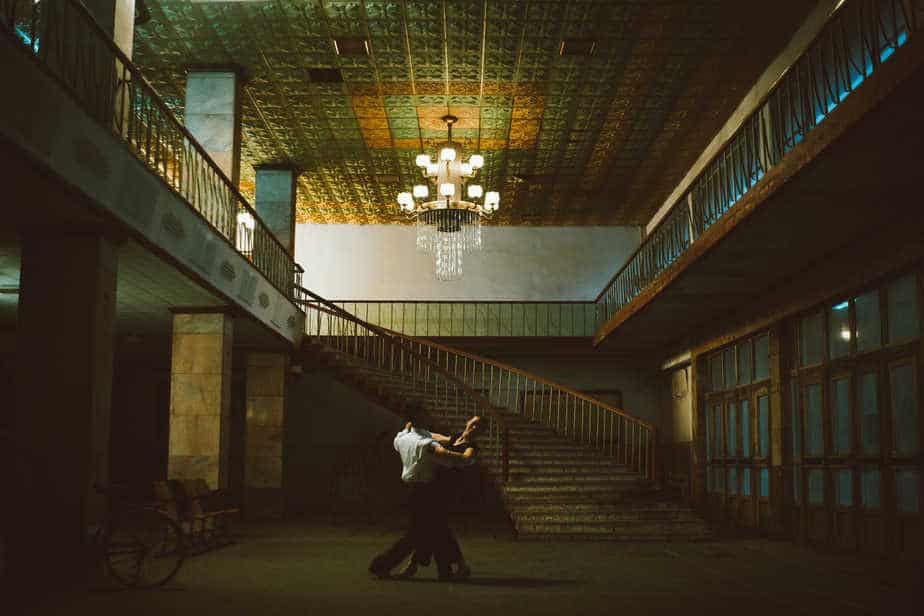
Have you ever had issues with censorship though, having to re-edit the film?
Yes, of course. You have to show the film to the censorship board and they give you comments. It is a different kind of feedback than the type producers or sales agents give, since the logic of the censors is that the movie has to be accepted by their superiors. Almost all Chinese films have to pass through the censorship board, and most of the time we can find creative ways to solve the issues they raise without harming the film. But sometimes it can get very problematic.
There has been a rise in antagonism between western democracies and more authoritarian countries and it seems that the two “systems” are going to continue to move away from each other instead of getting closer. So unfortunately, I think there's going to be more and more censorship in the near future. And not only in China…
Can you tell me a bit about “Dragonfly Eyes”? I feel it is one of the most original movies I have watched during the last few years.

I am glad you asked about “Dragonfly Eyes”, because it's a very unique film for me. It really opened my mind when it comes to editing. It's a film that only uses surveillance camera footage. In China, from 2015 until 2018, there were a few surveillance camera brands that were streaming all their footage publicly. The website of the company that makes these cameras would stream all the footage live, 24/7. There were thousands of different channels in restaurants or temples or dairy farms, but also in the street or even private apartments. When the artist and director, Xu Bing, a world-renowned contemporary artist saw this, his team started to record all this footage, 24 hours a day with ten computers, for a whole year. As expected, after a year, he ended up with thousands of hours of “real-life” footage. While this footage was being recorded, he started writing a screenplay with the poet Zhai Yongming. It was a story for a feature film, which was connected to the footage they could get. For example, in the beginning, they recorded a lot of Buddhist temples, so the screenplay starts in a temple.
Usually, for “normal” films, you write the script, and then you shoot and edit. The three parts are completely separate. Although you can change the script a bit while you're editing, usually you don't reshoot anything. But for “Dragonfly Eyes”, the scriptwriting, shooting and editing was all happening at the same time.
When I got onboard, I found myself faced with hours of random “real” footage and a feature film screenplay with two main characters, a boy and a girl falling in love. What I needed to do as editor was find two people from the footage that could be our main characters and match the script. So when I found two people talking in a temple, I decided they were a good match since they were a woman and a man in their 20s. So I kept their footage. Then, I had two assistants recording the dialogue from the script and I had to put the sound on the image and try to match the lipsync. Of course the dialogue didn't match the image so we had to rewrite the dialogue, record it and then put back the whole thing together. Essentially, we had to write a dialogue based on the image which is a very complicated process that took us over a year. Despite all this, I have to say this experience was really powerful for me, due to the limitations of using only CCTV camera footage. At the beginning, I thought it was impossible to tell a story through this process. But after two months of editing, we found that with the footage we had, which amounted to more than 11,000 hours, could tell whatever story we wanted it to. The possibilities are really infinite.
So it was much more work than usual.
Yes, more work. Xu Bing is also a very meticulous artist and he likes to try a lot of things. We also had a lot of graphic design embedded in the movie, because there is a storyline which is like a computer talking. In these scenes, you see something like a red frame around the people and some information, like “man” or “woman”… Xu Bing wanted the details of the lines around the face, the size of the numbers etc. to be utterly precise. He's a visual artist and I learned a lot working alongside Xu Bing.
Would you do it again? Something so time consuming and difficult I mean.
I don't know because it was a really great experience, but Xu Bing doesn't want to do another film like this. It doesn't make much sense to repeat the same concept for a new film, not yet at least. Maybe one day, when the technology changes and he might want to do something similar. What was interesting for him was that usually surveillance camera footage is owned by governments, not only in China, but all over the world, and you cannot access it – it's not something that is available online. But in this case, the footage was openly available. However, all the websites that were streaming surveillance camera footage have since closed so there's no access to this huge bank.
Making this film was a huge challenge. I knew that when I started, but I wasn't really sure if we would succeed in making a watchable and thought-provoking film in the end. I'm always looking for new ways of telling stories and I'm never afraid of a big challenge like “Dragonfly Eyes”.
How was your cooperation with Midi Z?
Midi Z is a director from Burma, from a poor but big family. He was a good student so at the age of 16 he got a scholarship from Taiwan and went to high school there and then stayed to study at university. After graduating, he remained in Taiwan for the most part but he kept shooting movies in Burma. Most of his films are connected to his own life or his siblings' stories. The first film I cooperated with him on was “Road to Mandalay”, a story about Burmese immigrants who go to Thailand to work. This first experience was great: he's around my age, and we have watched the same films. He put a lot of trust in me and during the editing process we became friends, strengthening our collaboration. The process went smoothly and the result was very good.

The second film I did with him was “Nina Wu”, a very different movie for him, because it was the first one he shot in Taiwan and the script was co-written with the protagonist, Wu Ke-xi. It was very interesting to edit, because it is more like a psychological thriller at times and you have to think about the story for the audience who are watching the film for the first time, because there is a big revelation at the end of the movie. Unlike Polanski's “Rosemary's Baby”, we didn't want to reveal this “secret” in the beginning, so the audience had to realize there was something wrong with this woman, but also be able to understand her. So in the end, when the revelation comes to the fore, you understand the reasons for her behavior. That is complicated enough, but we also had to think about the audience that is watching the film for the second time and that is a big challenge, because usually people check all the details in the storytelling to see if it makes sense the second time they watch a film. That was the first time I edited a movie like this, and it was very stimulating.
And how about “Leave Me Alone”?
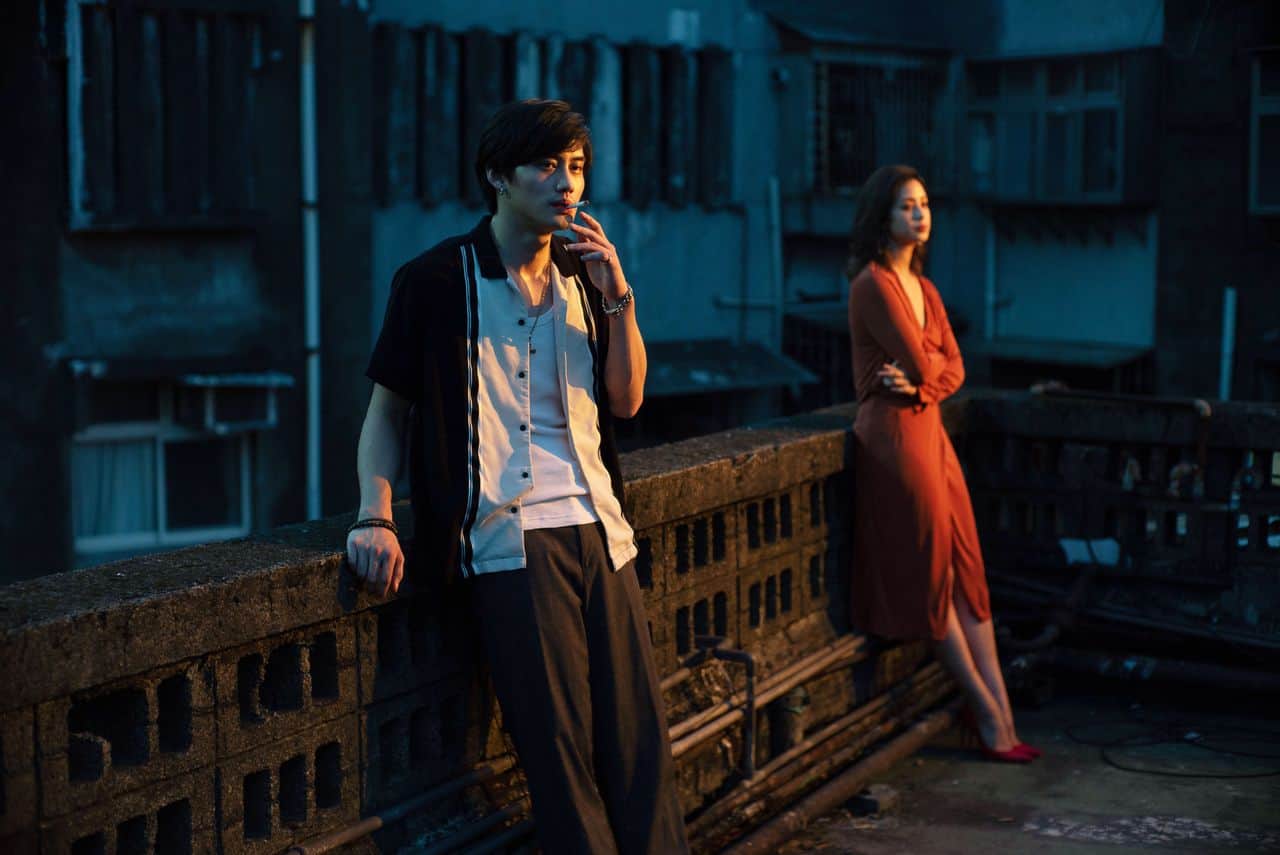
I saw the first cut of the director. There are many storylines in the script and it is quite a complicated narrative. And the film was handed to a Hong Kong editor, Nose Chan, who did a very good job in making the presentation of the story clearer. Then, I worked for about two or three weeks with the director to improve the structure and the acting. Essentially, I arrived at the end of the process. Sometimes directors call me after the first cut is done, and I give comments and edit after that.
Is your cooperation with directors smooth usually, or are there fights?
Usually yes. Editors tend to have quite soft personalities and they have to balance their personality with that of the director's. Directors are supposed to have stronger personalities, so I am always very careful about trying not to irritate them. Of course, disagreements are inevitable and I am always vocal when I disagree about something.
The director is on set when they are shooting the film, so they remember the whole process of making it. As an editor, I only see the image and I don't care about how it was done. I am the first audience and when I don't like something, if the camera isn't good or if the mise-en-scène is so-so, I always tell the director. But when I have an idea and the director disagrees, I don't push too hard. The editing process is long, it usually takes a few months and the goal is not to win the fight. You don't need to have the director agreeing with you at the time you make the suggestion, because maybe a month after editing, the whole structure of the film might have changed, and then my suggestion could make more sense. It is very important to have trust in time and the team you are working with.
Every film has weaknesses and during the editing, you want to minimize them (and maximize the strong parts). You definitely want the director to be aware of problems, even if it can sometimes be painful for him/her to hear, and even if the relationship can get tense. When the film is released and the first reviews are published, it is too late to make any changes and fix problems. And as an editor, I don't want to receive a desperate call from the director asking me: “why didn't you tell me this scene was bad and that we didn't understand that part of the story?”
Do actors offer feedback on occasion?
When I went on set, I would meet the actors during dinners… They would treat me extremely well, and were usually very friendly and often joked by asking me to “please keep as many of my scenes in the film as possible!”
That's usually quite nice, but when it comes to the real editing of the film, I need to think of the film as a whole and sometimes, we need to cut out some actors' scenes. That's the reality of editing and although it's always painful, it's sometimes necessary. The reason for cutting out a scene is not always because of the actor's performance. Most of the time, we cut out a scene because it might be a sub-storyline and there's always a risk of letting the audience stray from the main storyline.
As an editor, I love actors. I spend so many hours watching them behind the computer screen. And usually, they don't know me. After the screening in Cannes of “The Wild Goose Lake” directed by Diao Yinan, the four main actors came to see me and hugged me. They were so grateful for the work I had done. That was very touching. Editing an actor's performance is an act of love. And on this one occasion, that love was reciprocated.
Producers?
Of course, they have a different position from the director and the editor, because they enter the process in the scriptwriting stage. So they know a lot about the whole process, how the script came to be, and they know that the problems that appear in the writing stage do not disappear during the shooting – they come back during the editing. Producers know all that. They are not in the editing room every day, they don't get tired of watching the image for 8 hours a day for example. So when you show the first cut, the producers' point of view is very important for both the director and the editor.
I think the most important feedback is when someone says: “I don't understand what is happening here”. That is very useful. It is then up to the director and editor to solve this problem.
Supposedly, arthouse films do not use this approach, because the director's vision and point of view is the most important, while commercial films, which are meant to appeal to the audience, have more of these tests, getting a lot of feedback from various people. It is always beneficial for the director to show his film and see what people think about it and then decide what they want to hear.
Were you involved in Sonthar Gyal's “Lhamo and Skalbe”?

Yes, it screened in San Sebastian in 2019. It was a film without a lot of footage and he edited it himself with a young editor. He showed me a version and he knew he needed to shoot some more scenes so the process was a bit different, because I saw the first cut and he asked me about the problems the film had and how we could solve them. I told him the ending wasn't very satisfying and I gave him some suggestions. So two months later, he reshot for about a week or so. In that sense, what I told him turned out to be really useful for him, because he completely reshot the ending. After he edited the new scenes and I did the “polishing”, I worked for two weeks just to make a few improvements through small structural and rhythm changes. It was a very smooth experience for me.
Do you go to the actual shooting sometimes or are you always working from your lab?
Before Covid, I did go, but most of the time, I would stay in the hotel room editing the film. I'd sometimes go on the first day of the shooting. The first time I went frequently to the shootings was in “Ash is Purest White” because one part of the film was shot in 35mm, so we needed to send the footage to the lab and the lab had to scan and send me the image. It would take many days before I'd receive the footage, so during that time, I was always on set. Usually, I don't go though and it's good that I don't actually, because, as I mentioned before, I need to watch the images for what they are. I am not supposed to know what could have happened during the shooting. For example, I do not need to know if the shooting was delayed for some reason, or if the director or actor was in a bad mood that day. For me, all that information about the filmmaking are noise and it might actually disrupt my work, or distract me from seeing the image objectively and getting a sense of the time and space.
After Covid, I don't go at all. I just receive the footage on a daily basis. I have a team in Taiwan, and I work together with Yann-Shan Tsai. She is Taiwanese and we have been working for about six years together. She has been co-editor for many of the films I work on. Sometimes, during the shooting, she's doing the rough cut of the dailies and sometimes I'm doing it. Sometimes, she edits by herself, and then I give feedback on her version or I start editing myself. Sometimes I edit most of the film myself and in the end, she makes corrections if needed. The advantage of working with her is that we know each other very well because we have collaborated on more than 15 films together.
The problem with editing is that you get tired of the footage and you lose the freshness of watching the images and the story. So she works for one month, let's say, on a film, and when I see it afterwards I am still fresh and I can see the problems very easily. And then when I edit a film for a long time with a director, I show it to her, and she gives me feedback. It is good when one editor tries something different. It's always a good idea after a long process. I don't like the state of mind that “this is my film, I am the editor and no one else can touch it”. Editing is not ideological. It's very pragmatic. Either it's good for the film or it isn't.
I have another collaborator, an assistant editor, also in Taiwan, Jenson Tay Yi. Since I was living in France this year, the time difference turned out to be an advantage, because when I go to sleep, they can keep working and vice versa.
And last but certainly not least, my spouse Justine O. (she's a producer) often watches our films and gives us comments. I'm usually nervous when I show her, because she can be quite sharp in her criticism. But the experience of watching it with her is always useful because I can see the film through a third pair of eyes.

Are you working on any future projects?
Yes, there's an exciting project at the end of the year. It's a film directed by Jean-Charles Hue.
I'm also currently editing two Chinese films, one directed by Wei Shujun, whom I also worked with on “Ripples of Life”. It's a sort of gangster film and I love it! He has shot two thirds of the movie and I'm waiting for him to finish. The other is directed by Zhang Yibai but I can't say much about this one yet. Whilst I'm collaborating with Chinese filmmakers, I also really looking forward to editing other films from around the world. I don't want to be seen as simply the “French guy who does Chinese films”. China is a ‘crazy' place with so many things happening so there's a lot of good ground for filmmaking and there's a big film industry which is very important, but I am still eager to deal with new stories. I like to meet new characters.
Have you ever thought about directing?
No! Actually, when I was a student, I did direct some short films as a way of learning, but since I became an editor, I don't want to be a director anymore. One of the reasons is because I really enjoy switching projects and having many different projects every year. Directors sometimes need to deal with one film for 2-3 years or even longer. I really admire their determination.
The highest praise is when a director I worked with previously calls me and asks me to edit his/her new film. It's a show of trust, and trust is really the most important aspect between a director and an editor. For the next ten years, I'll try to keep helping directors achieve their vision.


